Home>Home Appliances>Laundry Appliances>What Happens If You Put Too Much Soap In The Washing Machine
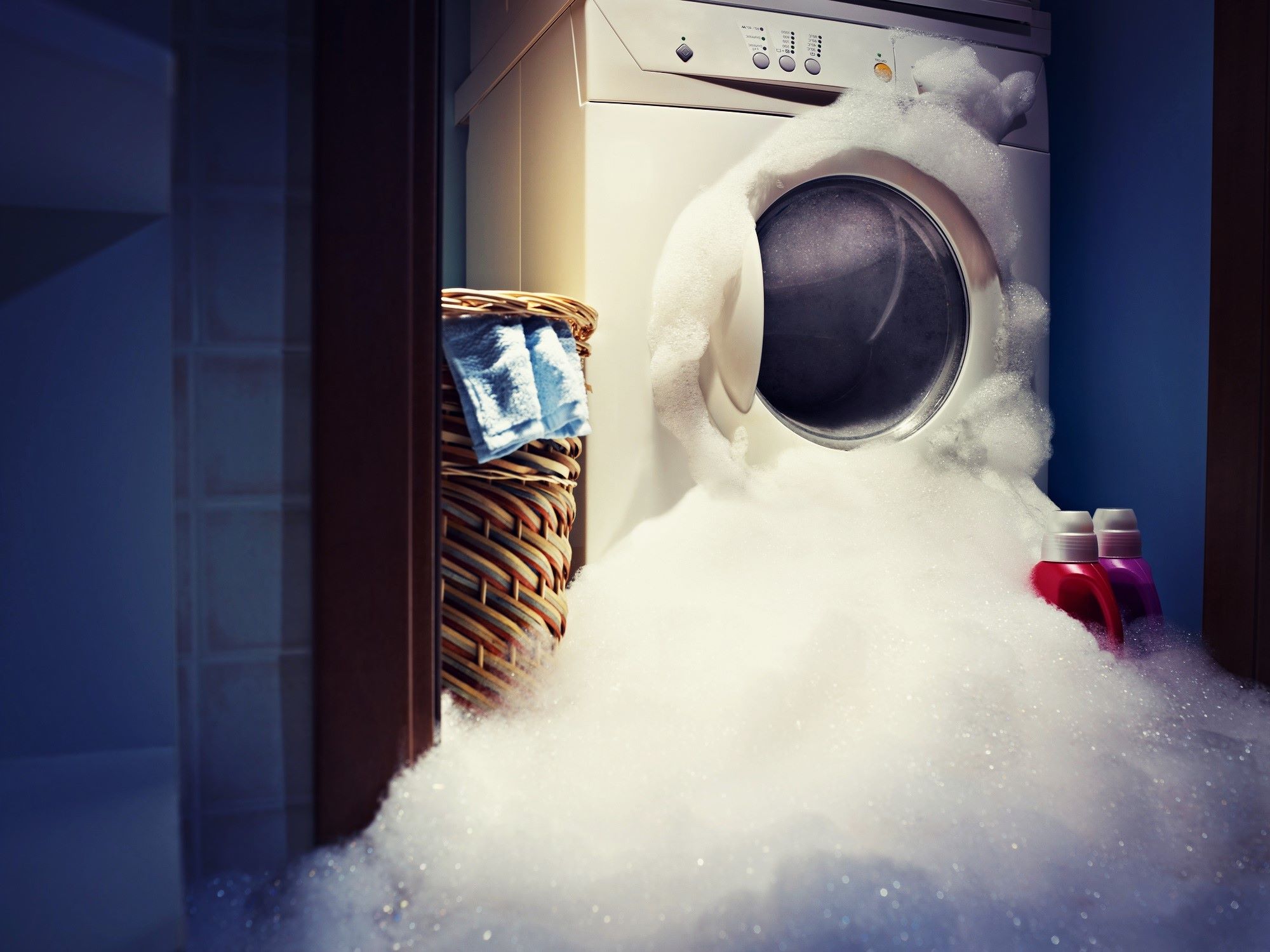

Laundry Appliances
What Happens If You Put Too Much Soap In The Washing Machine
Modified: October 27, 2024
Discover the consequences of overfilling your washing machine with soap. Learn how to avoid damaging your laundry appliances.
(Many of the links in this article redirect to a specific reviewed product. Your purchase of these products through affiliate links helps to generate commission for Storables.com, at no extra cost. Learn more)
The Effects of Excessive Soap in the Washing Machine
Using too much soap in the washing machine can lead to a range of undesirable effects. While it may seem like a logical way to ensure cleaner clothes, the reality is quite the opposite. Here's what happens when you put too much soap in the washing machine:
-
Residue Buildup: Excessive soap can leave behind a sticky residue on the clothes, washing machine drum, and other components. This residue not only affects the cleanliness of the clothes but also creates an environment for bacteria and mold to thrive.
-
Reduced Cleaning Efficiency: Contrary to popular belief, using more soap doesn't necessarily result in cleaner clothes. In fact, it can hinder the cleaning process by creating too many suds. These excess suds can prevent the clothes from agitating properly and inhibit the rinsing process, leaving behind soapy residue on the fabric.
-
Wear and Tear on the Washing Machine: The excess suds generated by too much soap can put undue stress on the washing machine's components. Over time, this can lead to premature wear and tear, potentially causing malfunctions and the need for costly repairs.
-
Increased Water Consumption: The presence of excessive suds can trigger additional rinse cycles as the washing machine attempts to remove the soap residue. This not only wastes water but also contributes to higher energy consumption, impacting both the environment and utility bills.
-
Skin Irritation: Clothes that retain soap residue due to overuse of detergent can cause skin irritation for those wearing them. The lingering soap can be harsh on the skin, leading to discomfort and potential allergic reactions.
In essence, using too much soap in the washing machine can have a domino effect, leading to a range of negative consequences. It's important to follow the manufacturer's guidelines for detergent usage to ensure optimal cleaning performance and prolong the lifespan of the washing machine.
Key Takeaways:
- Using too much soap in the washing machine can lead to sticky residue on clothes, reduced cleaning efficiency, and potential skin irritation. Follow detergent guidelines for optimal cleaning and machine longevity.
- Excessive soap can damage the washing machine, compromise clothing cleanliness, and harm the environment. Adhering to recommended detergent quantities is crucial for effective cleaning and environmental sustainability.
Potential Damage to the Washing Machine
Excessive soap in the washing machine can wreak havoc on its internal components, leading to potential damage that compromises its functionality and longevity. When too much detergent is used, the repercussions can extend beyond the cleanliness of the clothes to the very infrastructure of the appliance.
The primary concern with overloading the washing machine with soap is the formation of excessive suds. These suds can overwhelm the machine, causing it to work harder than necessary. As a result, the motor, pump, and other mechanical parts may experience increased stress, leading to accelerated wear and tear. Over time, this can manifest as malfunctions, reduced efficiency, and the need for costly repairs.
Furthermore, the accumulation of soap residue within the washing machine can impede its performance. The residue may coat the drum, agitator, and other internal surfaces, diminishing their ability to function optimally. This can lead to issues such as poor agitation, inadequate rinsing, and an overall decline in cleaning effectiveness.
In addition to mechanical concerns, the presence of excessive suds can also impact the water drainage system of the washing machine. The excess foam can clog the drainage pipes and filters, impeding the smooth flow of water out of the machine. This can result in drainage problems, leading to water retention within the appliance and potential leaks.
Moreover, the prolonged exposure of the washing machine's components to high levels of soap can lead to corrosion and degradation. The chemical composition of many laundry detergents, when present in large quantities, can be corrosive to certain materials used in the construction of washing machines. This can lead to deterioration of seals, gaskets, and other vulnerable parts, compromising the overall integrity of the appliance.
Ultimately, the potential damage caused by excessive soap in the washing machine underscores the importance of adhering to recommended detergent usage guidelines. By exercising prudence in detergent measurements and following the manufacturer's instructions, users can safeguard their washing machines from unnecessary strain and deterioration, ensuring their continued functionality and performance.
In summary, the detrimental effects of excessive soap on the washing machine's internal mechanisms serve as a compelling reminder of the critical role proper detergent usage plays in maintaining the appliance's operational integrity.
To avoid putting too much soap in the washing machine, always follow the manufacturer’s guidelines for detergent usage. Using too much soap can lead to excessive suds, poor rinsing, and potential damage to the machine.
Impact on the Cleanliness of the Clothes
Excessive soap in the washing machine can have a profound impact on the cleanliness of the clothes, contrary to the intended goal of achieving spotless garments. When an abundance of detergent is used, the repercussions extend beyond the washing machine to directly affect the quality of the laundered items.
One of the primary consequences of using too much soap is the formation of excessive suds. These suds can impede the washing machine's ability to agitate the clothes effectively. As a result, the fabric may not undergo the necessary mechanical action to dislodge dirt and grime, leading to subpar cleaning outcomes. Instead of emerging from the wash cycle pristine and fresh, clothes may retain residual soil and stains due to inadequate agitation caused by the overwhelming presence of suds.
Furthermore, the excessive soap residue left on the fabric can compromise the cleanliness of the clothes. Rather than being thoroughly rinsed away, the surplus detergent can cling to the fibers, creating a sticky film that traps dirt and debris. This residue not only detracts from the visual appeal of the garments but also contributes to a lingering soapy scent, indicating incomplete rinsing and cleanliness.
In addition, the presence of soap residue can impact the texture and feel of the clothes. Fabrics may become stiff and rough as a result of the lingering detergent, detracting from the desired softness and comfort. This alteration in texture can be particularly noticeable in items such as towels and linens, where the intended plushness and absorbency are compromised by the soapy buildup.
Moreover, the accumulation of soap residue on the clothes can lead to skin irritation and discomfort for those wearing them. The lingering detergent can be harsh on the skin, potentially causing itching, redness, and allergic reactions. This not only undermines the comfort of the wearer but also poses a health concern, particularly for individuals with sensitive skin or allergies.
In essence, the impact of excessive soap on the cleanliness of the clothes is multifaceted, encompassing compromised cleaning efficacy, residual soap buildup, altered fabric texture, and potential skin irritation. These consequences underscore the importance of adhering to recommended detergent quantities to ensure that the clothes emerge from the washing machine not only visually clean but also free from residual soap and conducive to comfort and well-being.
Environmental Consequences of Using Too Much Soap
The environmental impact of using excessive soap in the washing machine extends beyond the confines of the laundry room, encompassing broader ecological implications that warrant attention. When an abundance of detergent is introduced into the washing process, the repercussions reverberate throughout the environment, contributing to a range of adverse effects.
One of the primary environmental consequences of using too much soap is the escalation of water pollution. The surplus detergent, characterized by its chemical composition, can find its way into wastewater systems, ultimately reaching natural water bodies such as rivers, lakes, and oceans. Once discharged into these ecosystems, the detergent can disrupt the delicate balance of aquatic life. The chemicals present in the soap can interfere with the oxygen levels in water, posing a threat to fish and other aquatic organisms. Furthermore, the introduction of excess nutrients from the detergent can fuel algal blooms, leading to the depletion of oxygen and the degradation of water quality.
Moreover, the environmental ramifications of excessive soap usage extend to the realm of energy consumption and carbon emissions. The need for additional rinse cycles to address the presence of soap residue translates into heightened energy requirements. As the washing machine expends more energy and water to combat the effects of excessive suds, the overall carbon footprint of the laundry process increases. This elevated energy consumption contributes to greater greenhouse gas emissions, exacerbating the environmental impact of laundry activities.
In addition, the disposal of wastewater laden with excess detergent can pose challenges for wastewater treatment facilities. The influx of high levels of soap compounds can strain the capacity of treatment plants, impeding their ability to effectively purify the water before it is reintroduced into the environment. This can result in compromised water treatment efficacy, potentially leading to the release of inadequately treated wastewater into natural ecosystems, further perpetuating environmental harm.
Furthermore, the introduction of excessive soap into the environment can disrupt the delicate balance of microbial communities. The chemicals present in the detergent can exert adverse effects on beneficial microorganisms, impacting soil and water ecosystems. This disruption can have far-reaching implications for ecological processes, including nutrient cycling and the maintenance of soil fertility, underscoring the significance of minimizing the introduction of excess soap into the environment.
In essence, the environmental consequences of using too much soap in the washing machine encompass water pollution, heightened energy consumption, strain on wastewater treatment facilities, and disruption of microbial ecosystems. By exercising prudence in detergent usage and adhering to recommended quantities, individuals can contribute to mitigating the environmental impact of laundry activities, fostering a more sustainable approach to garment care.
Frequently Asked Questions about What Happens If You Put Too Much Soap In The Washing Machine
Was this page helpful?
At Storables.com, we guarantee accurate and reliable information. Our content, validated by Expert Board Contributors, is crafted following stringent Editorial Policies. We're committed to providing you with well-researched, expert-backed insights for all your informational needs.

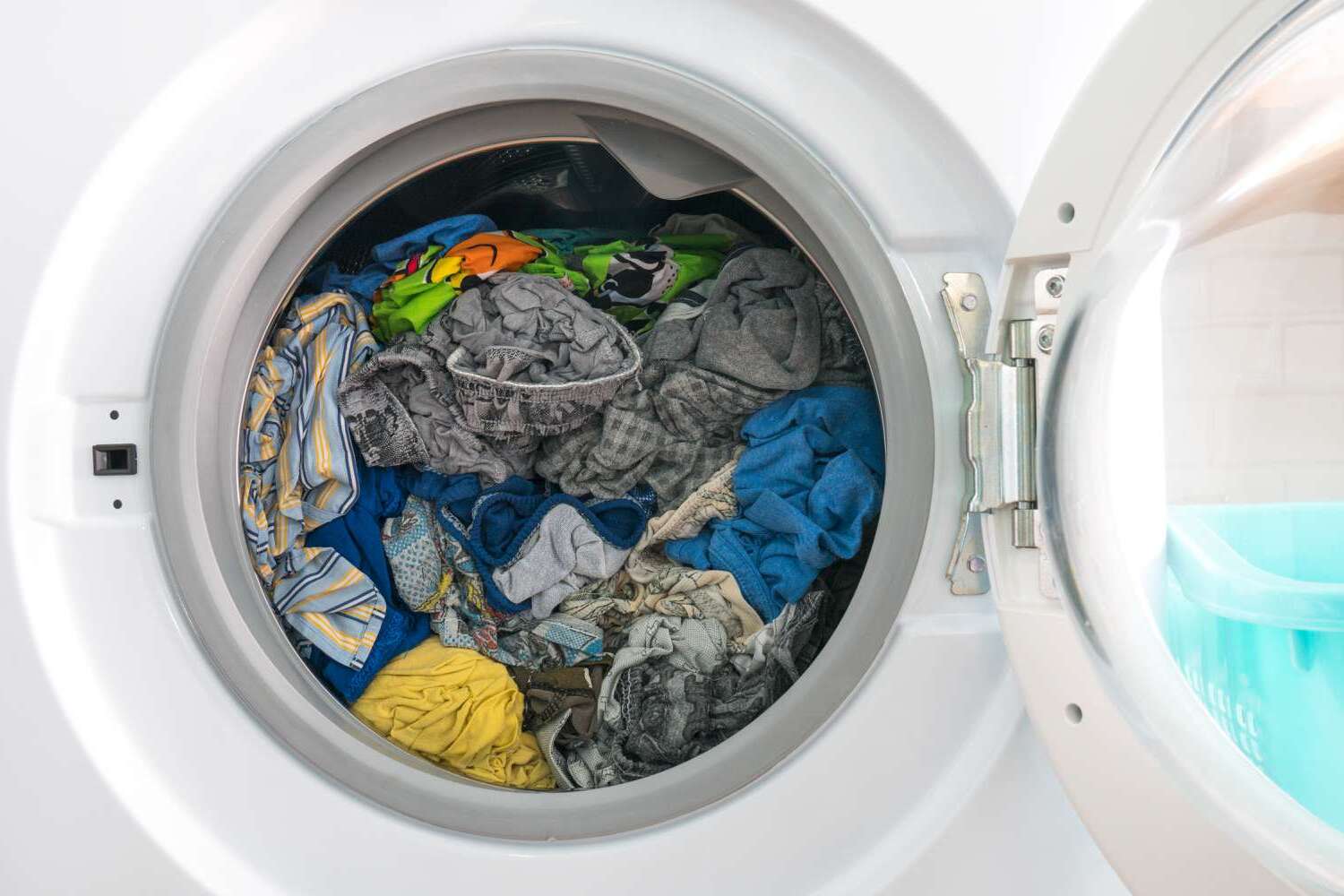


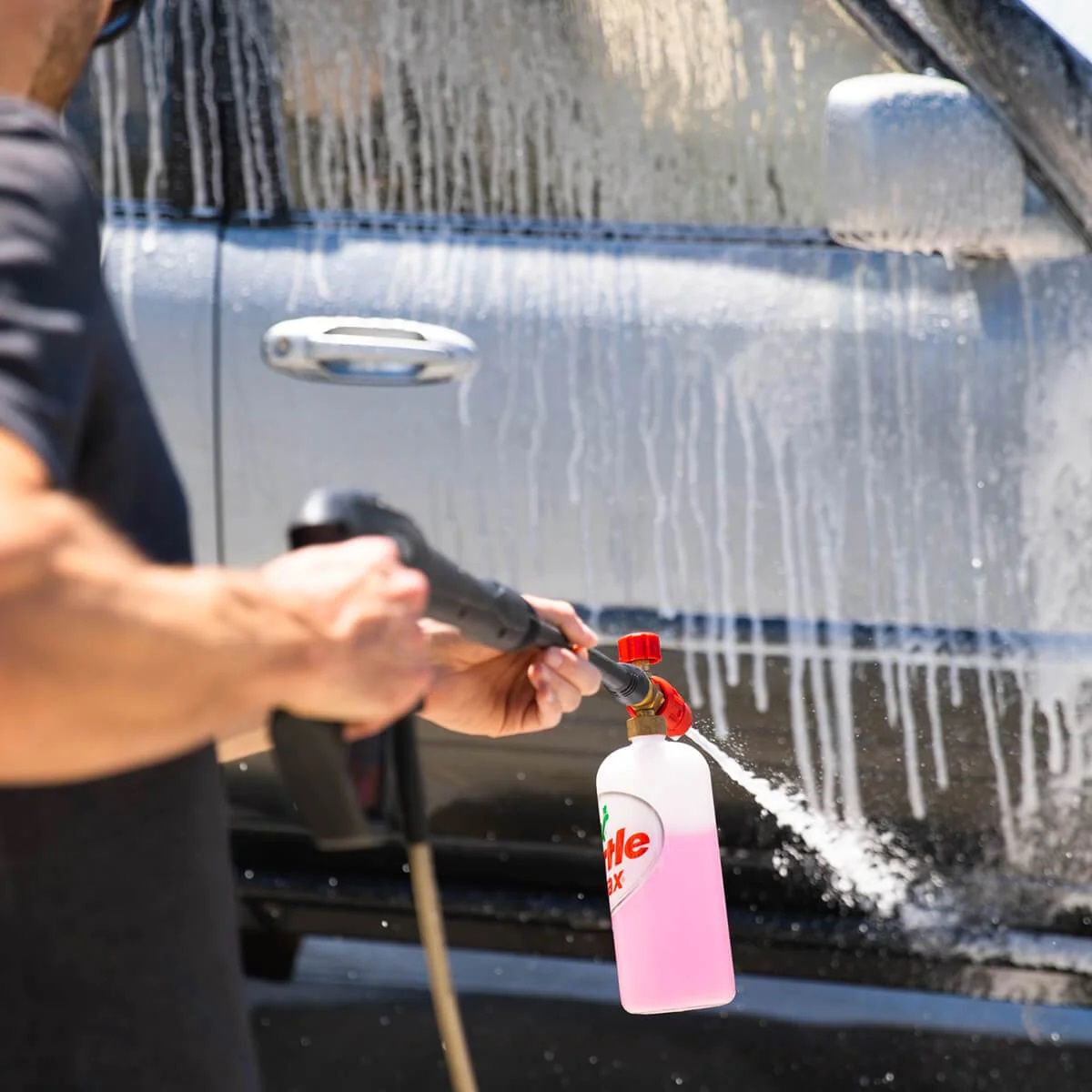
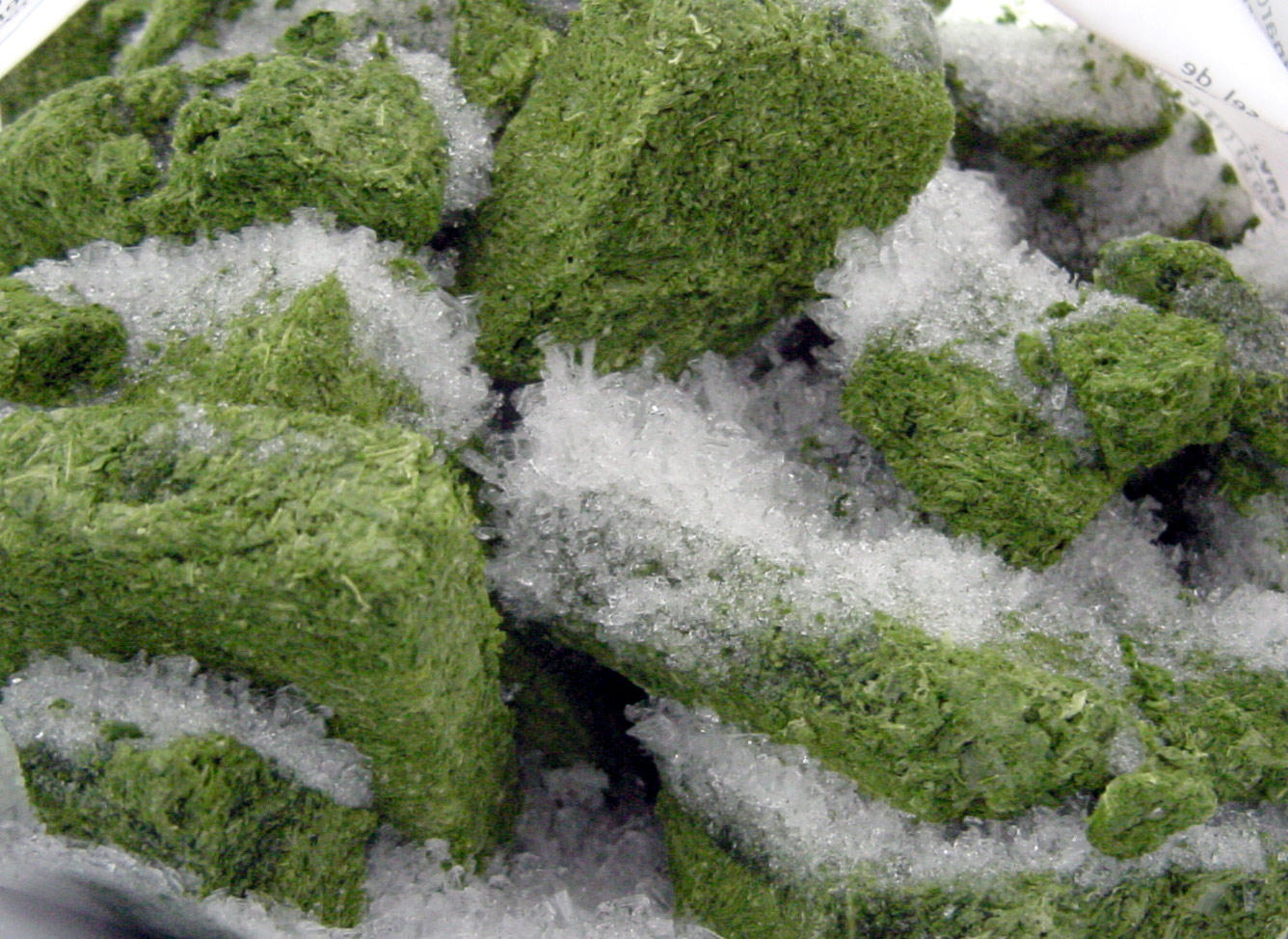
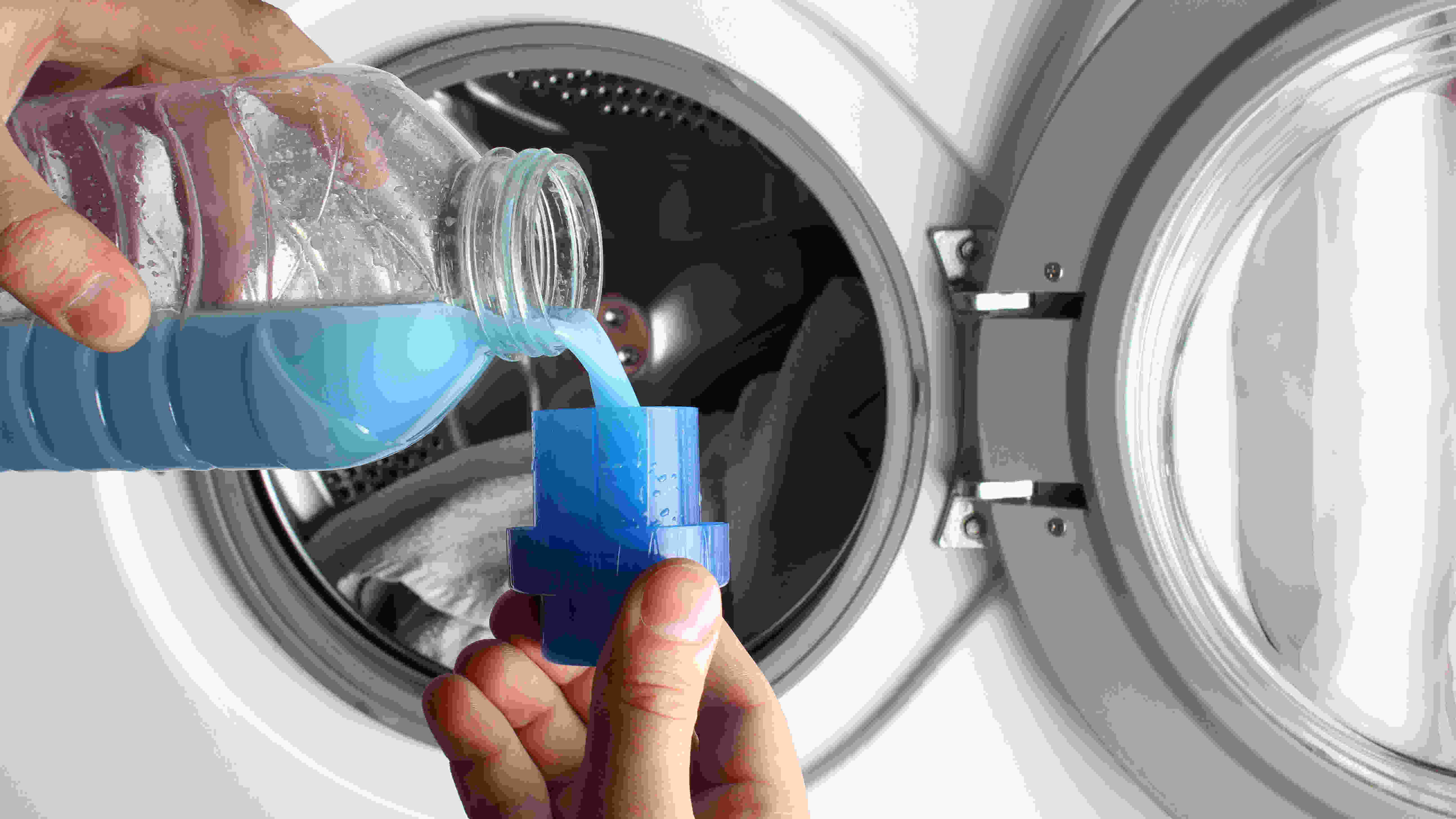

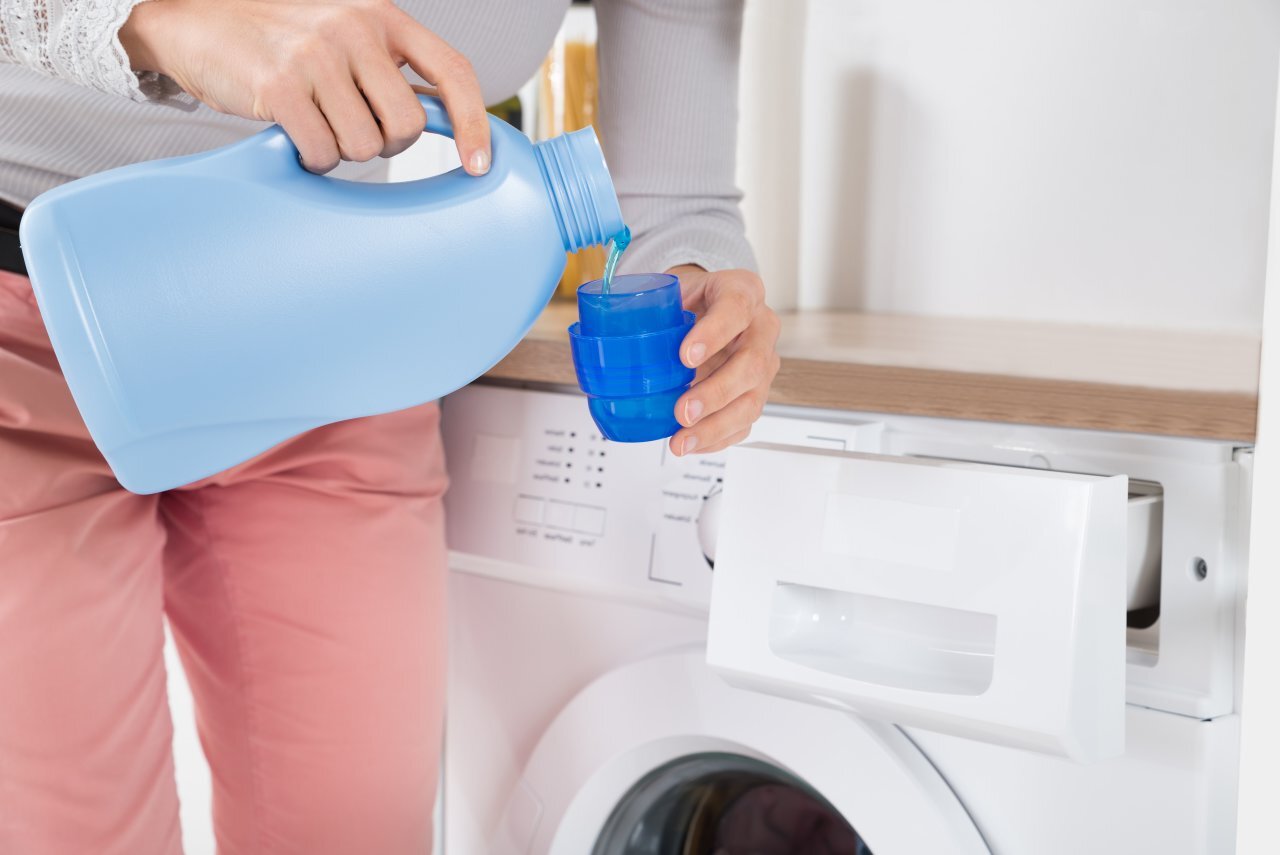
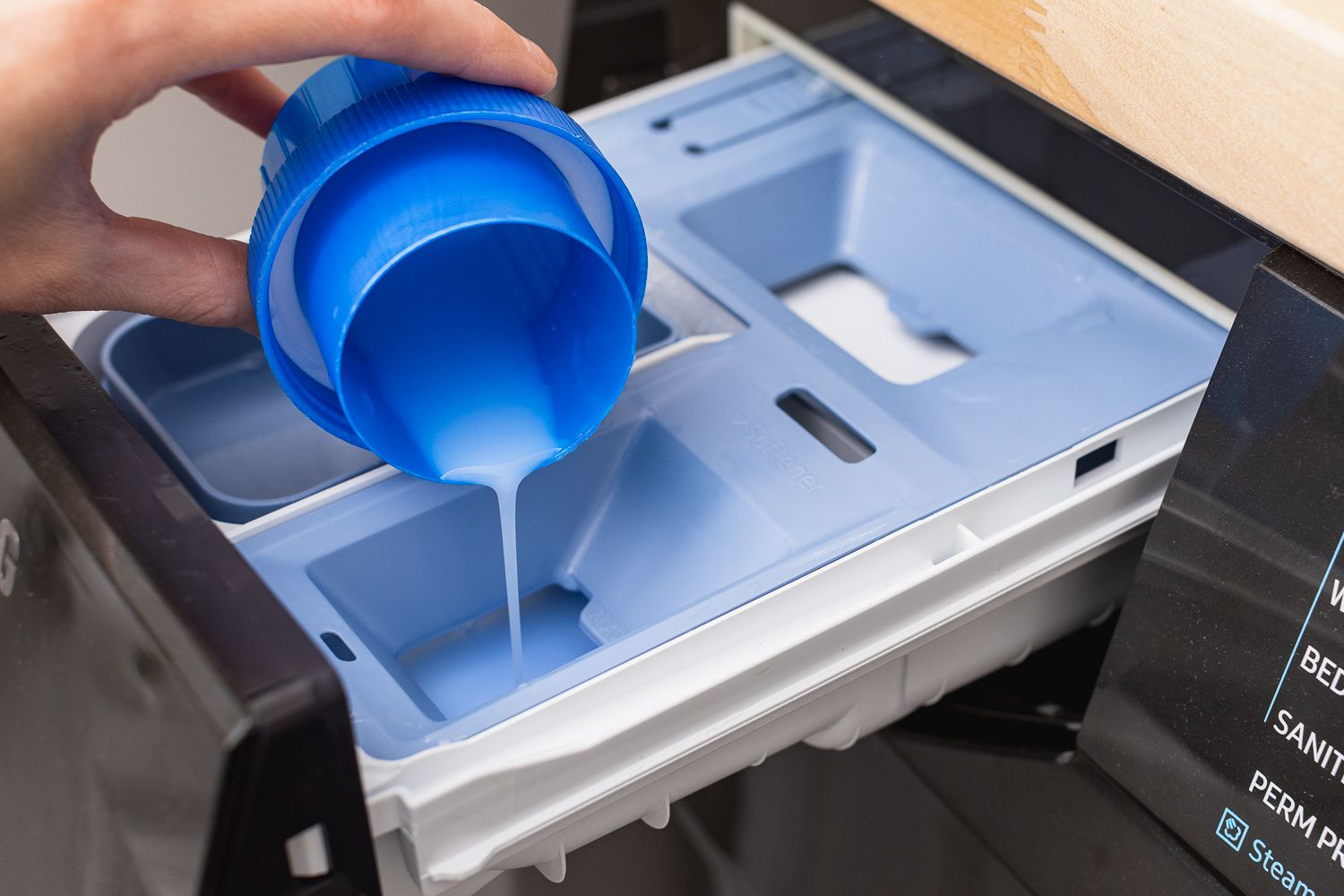
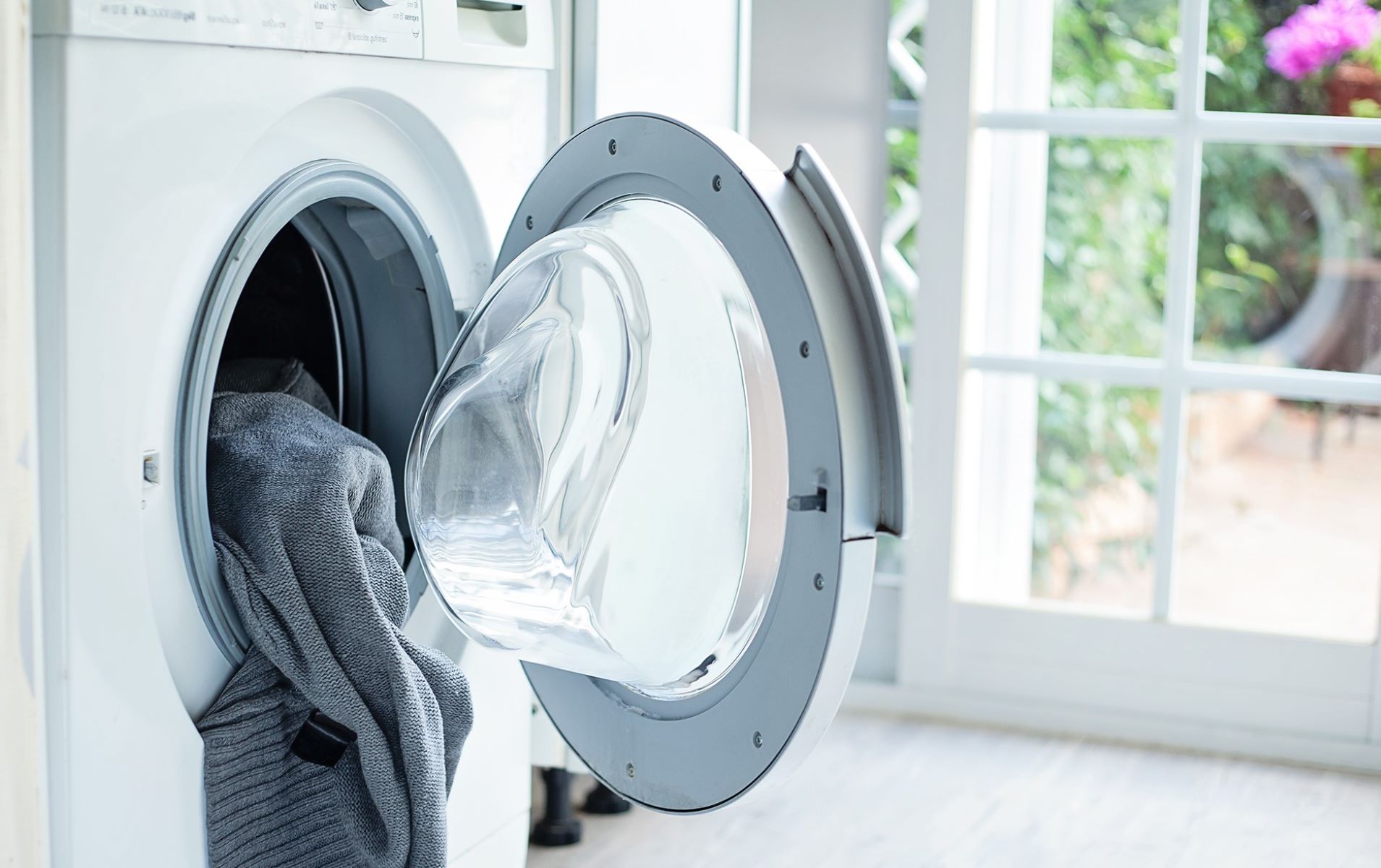
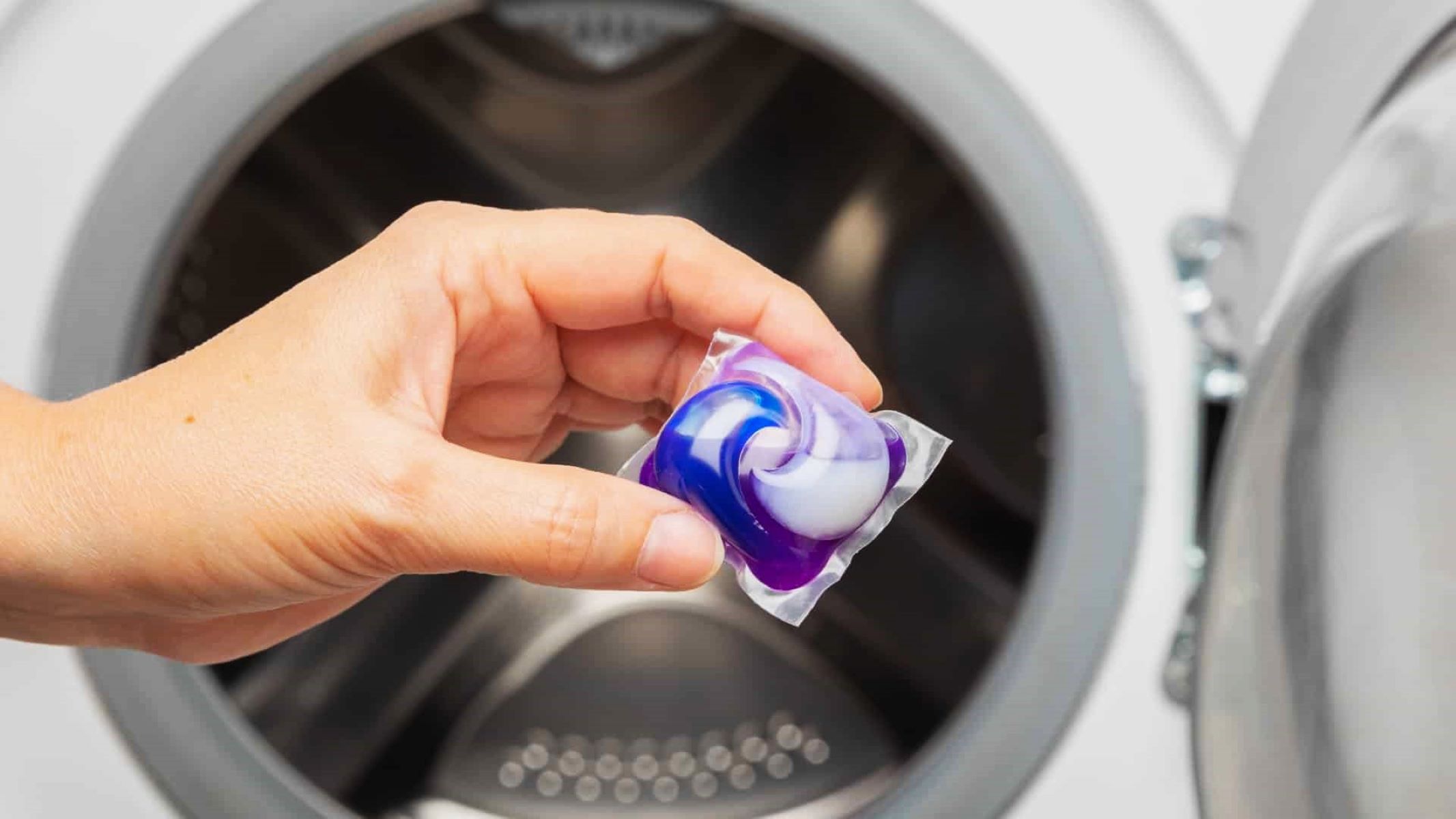
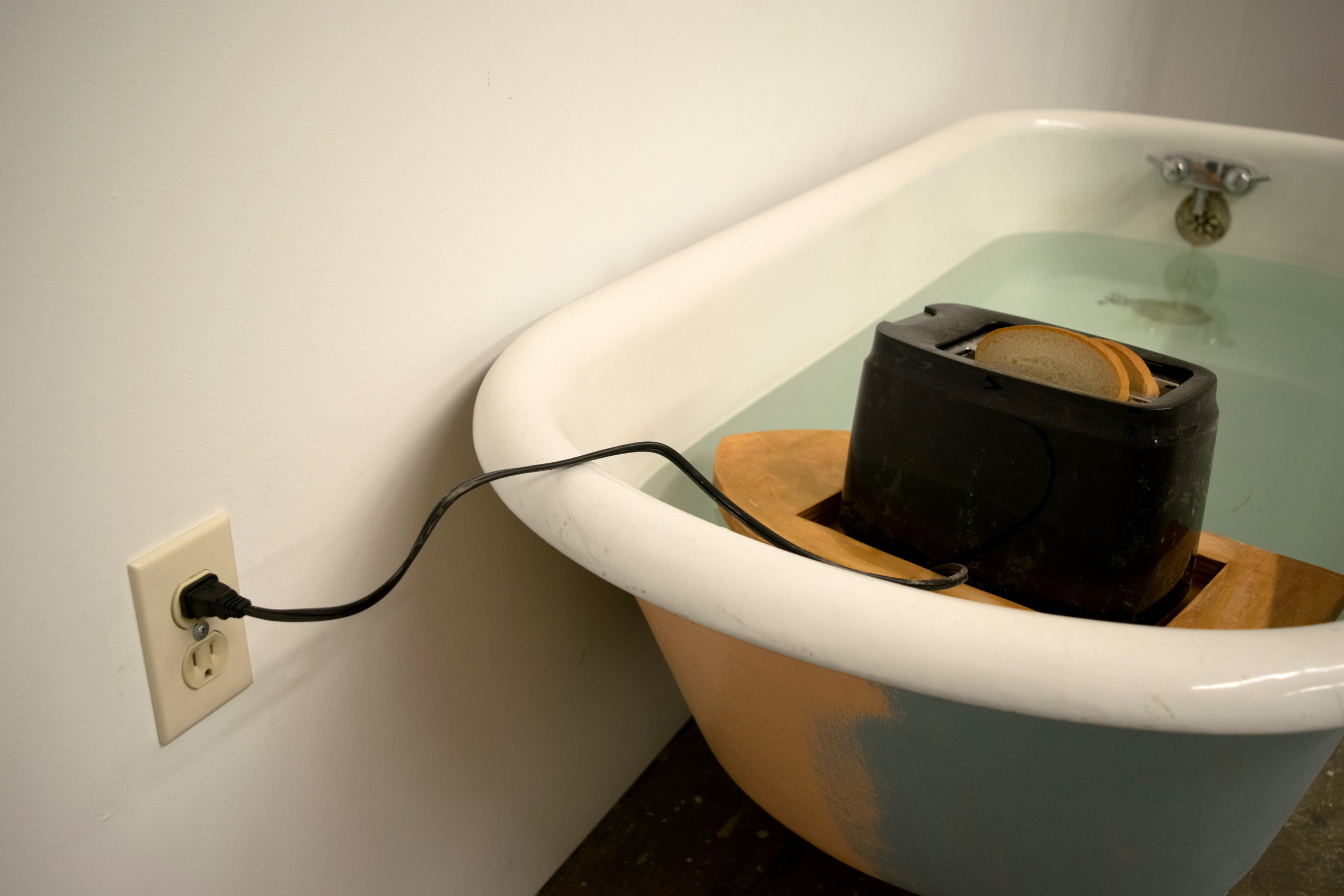

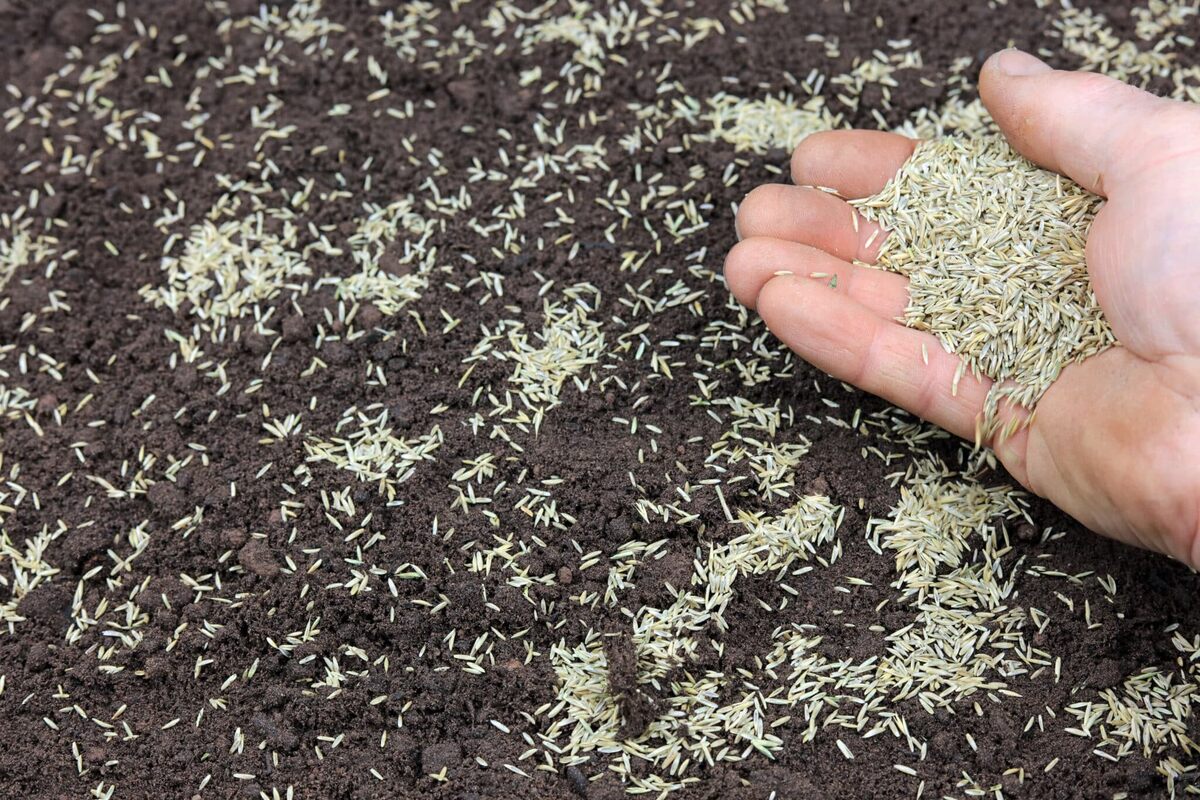

0 thoughts on “What Happens If You Put Too Much Soap In The Washing Machine”